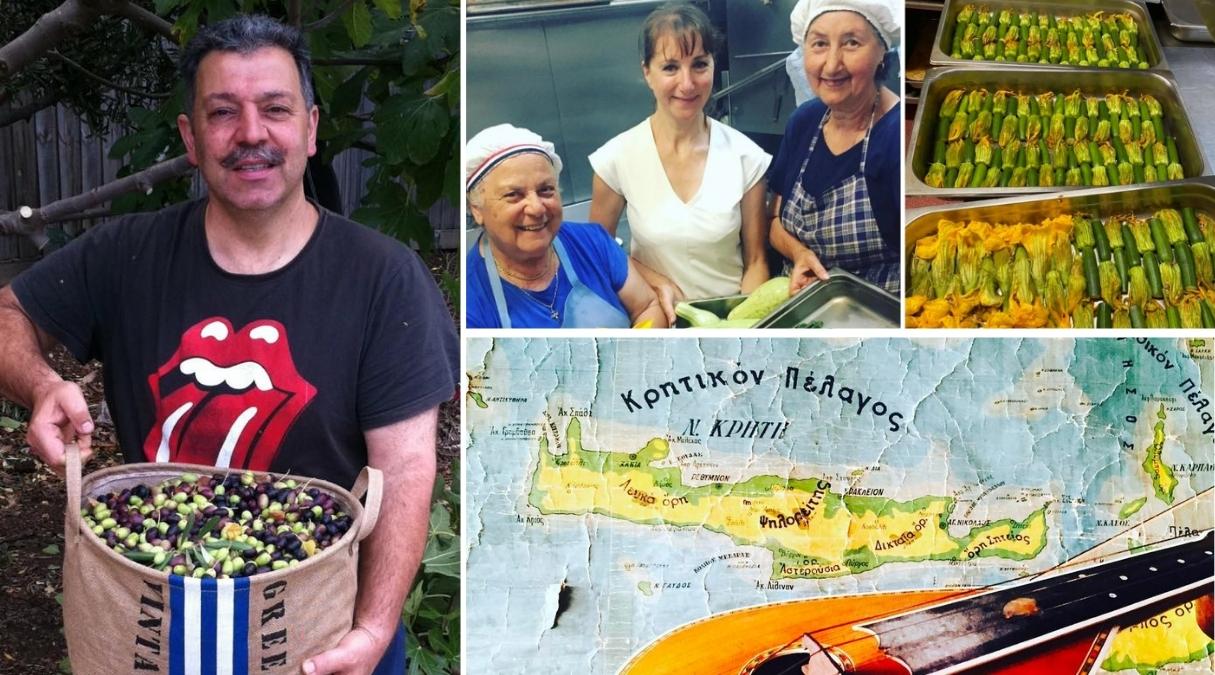They recently treated Thanasi Kokkinakis to a Cretan feast after he and Nick Kyrgios secured the doubles title at the Australian Open but this is not the first time John and Susie Rerakis’ restaurant, Philhellene Provincial Greek Cuisine, makes headlines.
Since November 2008, when it opened its doors at Moonee Ponds in Melbourne, the restaurant has been featured, several-times, in the Age Good Food Guide as the ‘best Greek restaurant’ and its dishes have been praised by food connoisseurs local and international.
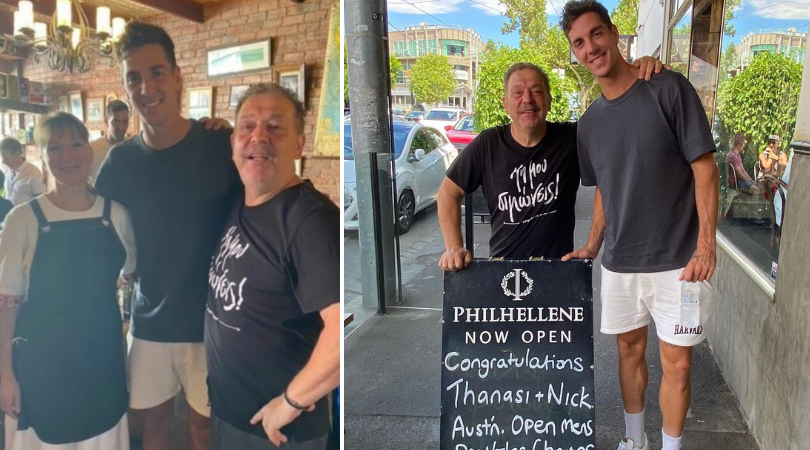
But apart from the recognition, which John Rerakis is grateful for, he says the family business has a greater mission. To break the stereotypes around Greek food and provide a rich experience with original flavours, culture, music and history.
“The Greek food and culture have been stereotyped for many years. It’s not only about ouzo, souvlaki, bouzouki, and Mykonos or Santorini – which are beautiful places but commercial,” John Rerakis says.
“We have an obligation to pass on the things we learned from our parents to future generations.”
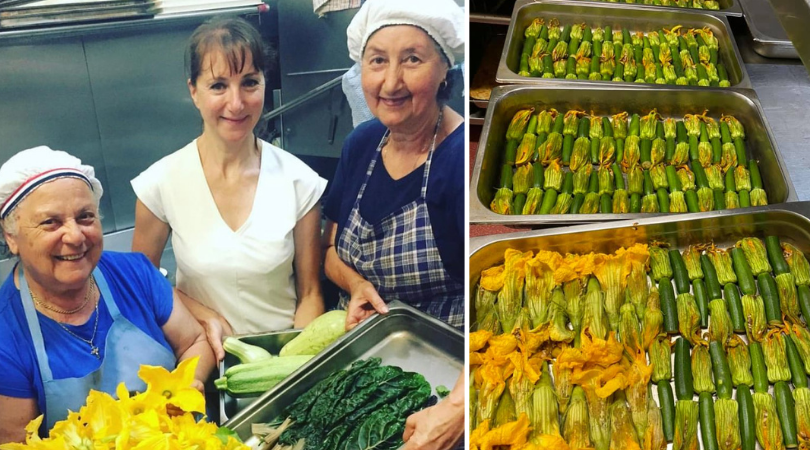
A slow food movement supporter and keeper of Cretan know-how and traditions, John grows his own produce and the action in the restaurant kitchen is orchestrated by his wife Susie, his 82-years-young mother, Katina and 72-years-young mother-in-law, Nikki.
The daily specials include broad beans with artichokes avgolemono, lamb antikristo, rabbit stifado, fava dip and zucchini flowers stuffed with herbed rice, horta and kalitsounia pastry parcels.
“Everything in here is Greek,” says John proudly and shows me the Greek olive oil, salt and a wig of fresh rosemary that sit on each of the tables.
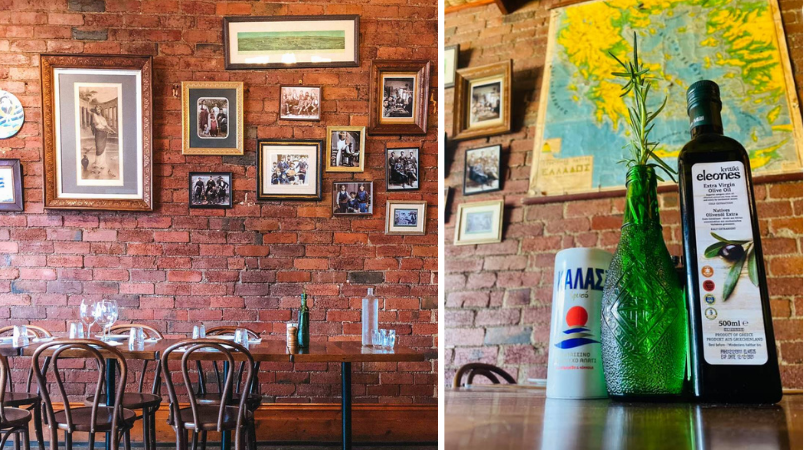
The walls are decorated with old photos of sentimental value and a vintage map that according to John is from his father’s primary school in Crete which was closed down four decades ago.
I know from experience that where there are Cretans there is an abundance of passion, filotimo, hospitality and a sense of humour. John is not an exception.
I ask him how he pulled through during the pandemic and he has again something positive to share.
“It wasn’t fun but I am not here to criticise state and federal governments. We lost staff, we hurt but we are resilient and we are not complaining,” he says.
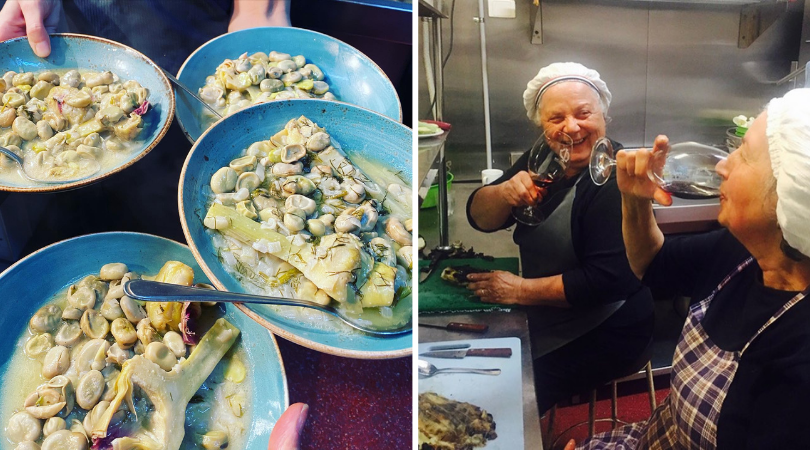
During the pandemic the Rerakis family provided free of charge food to international students who were stranded in Australia.
“They had no income; they didn’t know how to pay their rent. They were crying. We know we did the right deed. This is what our parents taught us. It’s not all about us but also the people around us.”
As we wrap up the interview, I ask him what his plans are for the future.
“I love what we do and we are lucky to live in Australia but we also come from a very nice place in Greece. I love Crete and maybe one day I can have my garden there. If it happens, I’ll be happy,” he says.
“At the end of the day all that matters is memories.”
READ MORE: Grand Dishes: An ode to grandmothers’ recipes and intergenerational relationships

